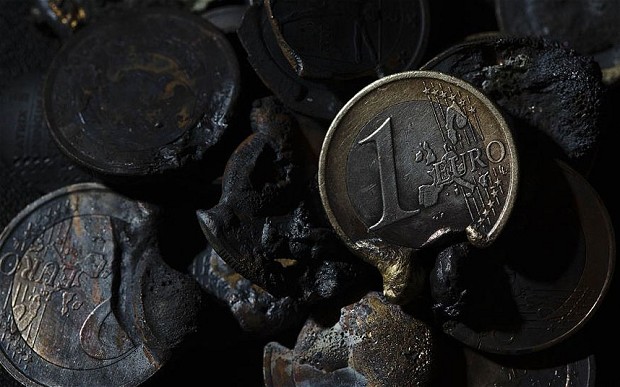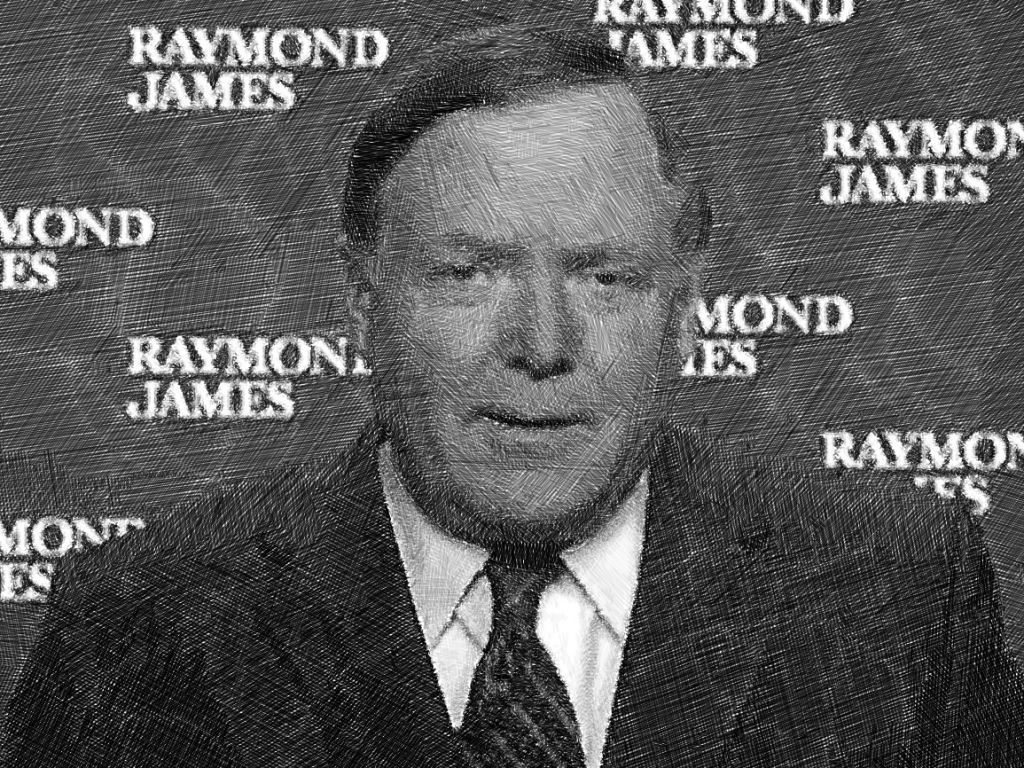December’s negative inflation print has led to a cacophony of headlines proclaiming that the euro area has finally succumbed to deflation. We think concerns about modest declines in consumer prices are overdone. But the structural weakness of nominal growth remains a major concern.
The specter of deflation has been haunting the euro area for some time. Last year, we wrote about similarities between the euro area and Japan in a number of key areas and concluded that there was sufficient overlap to warrant serious concern. But we also suggested that we shouldn’t get too hung up about whether inflation, as measured by the consumer price index (CPI), actually turns negative or not. There are two main reasons to remain relatively sanguine:
- History shows that the CPI can be a poor guide to broader-based inflationary or deflationary pressures in the economy. This is particularly true when the decline in inflation is due to a positive supply shock, like lower oil prices, which is likely to boost demand.
- We’re not convinced by the widely held view that falling prices will encourage consumers to postpone purchases (in order to buy more cheaply later on). If this were true, purchases of technological products, whose prices continue to fall sharply, would already have ground to a halt. The recent decline in headline inflation is actually a boon for euro-area consumers—roughly equivalent to a VAT cut of 1% or so—which may help explain tentative signs of a pickup in consumer confidence and retail sales at the end of last year.
Weak Growth is the Bigger Problem
While we’re not too worried about modest, supply-driven declines in consumer prices, this doesn’t mean we’re relaxed about all forms of deflation. The huge price declines brought about by debt-deflation during the 1930s are certainly to be avoided, as is Japan’s milder, but more persistent, deflation. But it’s important to recognize the underlying nature of the problem. In our view, the euro area has far more to fear from weak nominal growth—which is beginning to look more and more structural in nature—than it does from a short-lived period of negative inflation caused by falling oil prices. Recent European Central Bank (ECB) comments suggest the central bank gets this:
“I don’t see a risk of an actual deflation in the sense of a broad-based decline in prices,” said ECB vice president Vitor Constancio, in September. “The big problem at the moment is a prolonged period of low nominal growth … this creates debt sustainability problems—both for private households and governments.”
QE Even More Likely
Even so, December’s inflation release is likely to ratchet up the pressure on the ECB. In normal times, central banks aren’t meant to respond to the first-round effects of falling oil prices on headline inflation. But these aren’t normal times. The euro area is experiencing sustained economic weakness and inflation has been too low for too long. Against this backdrop, the ECB fears that even a dose of “good” deflation could destabilize inflation expectations and lead to deflationary tendencies becoming entrenched—and, as Japan has shown, this could prove very difficult and costly to reverse.
Prior to this week’s data, there was already a high probability that the ECB would announce sovereign-bond purchases at its January 22 Council meeting. Now, this looks even more likely.
For further information, please click here to read our recent research: Deflation in the Euro Area: Are We There Yet?
Darren Williams, Senior European Economist at AllianceBernstein (NYSE:AB).
The views expressed herein do not constitute research, investment advice or trade recommendations and do not necessarily represent the views of all AllianceBernstein portfolio-management teams. AllianceBernstein Limited is authorised and regulated by the Financial Conduct Authority in the United Kingdom.
Copyright © AllianceBernstein














